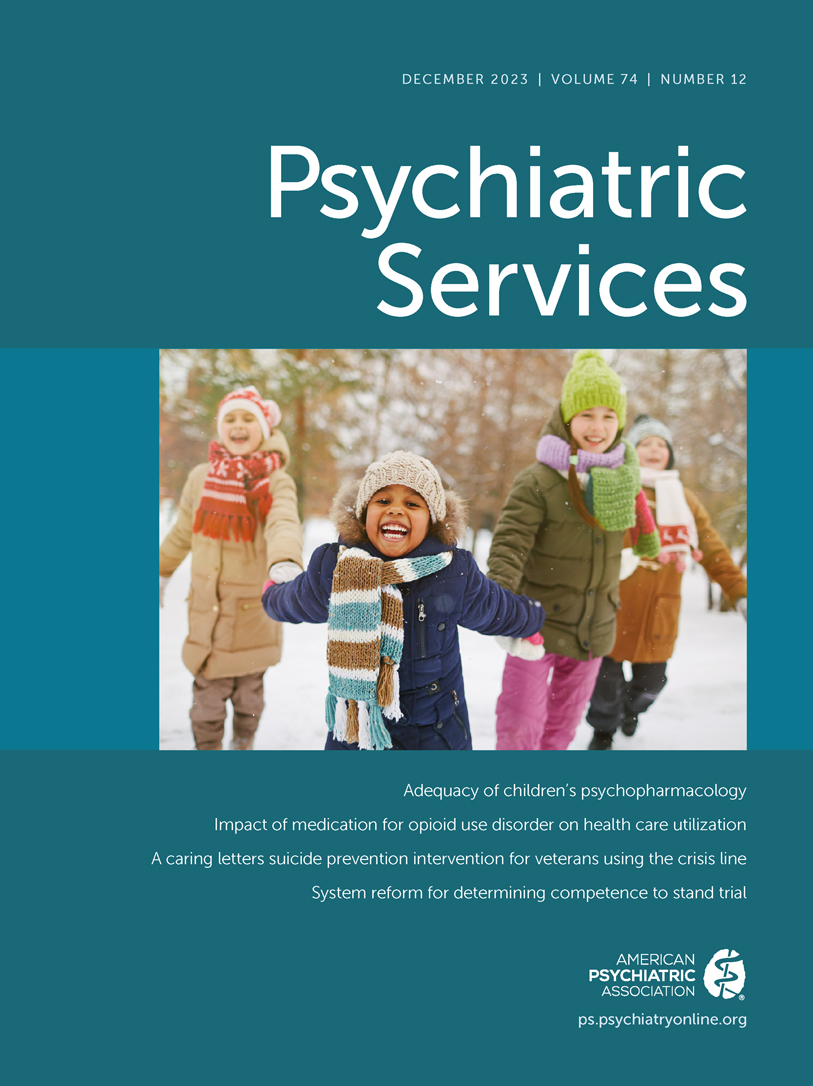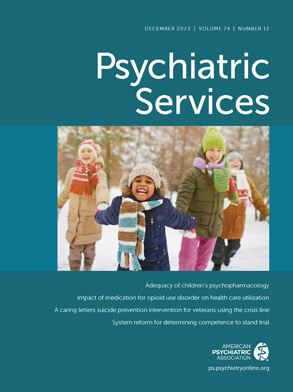Planting a garden is an act of hope. A garden made with others grows community. Copious data have validated the mental health benefits of having natural spaces within cities and the importance of ecological restoration for the conservation of nature; however, little has been written about active engagement in ecological restoration and how it affects mental health. Our project provides persons who are incompetent to stand trial on felony charges and are released from jail into community care in Los Angeles with the opportunity to restore the urban landscape of their community housing into native gardens.
The ecological term plant community describes a group of plants growing together in a habitat. We named our project after this term to represent our communal growth as we restore the land. Gardens are grown at two unlocked community domiciles (40 total residents, 20 at each site), overseen by the nonprofit organization Victory Starts Now, in the heavily urbanized neighborhood of South Central Los Angeles. Both homes provide shelter to men who have been remanded to the Los Angeles County Department of Health Services (DHS) to complete community-based competency restoration for up to 2 years. The competency program is funded by the California Department of State Hospitals and operated by the Los Angeles County DHS. The county then contracts with local organizations to offer housing and other services. Program participants must be incompetent to stand trial, have a serious mental disorder such as schizophrenia or bipolar I disorder, and have been homeless prior to incarceration. All participants had been residing at the Los Angeles County Jail, and most belonged to racially minoritized groups.
Our project began in August 2022 as a collaboration between owners of a local native plant nursery, a psychiatrist from the Los Angeles County DHS, and the director of Victory Starts Now. Our goal is to aid participants’ competency restoration while restoring native plants and wildlife at community homes. Once per week, native plant specialists offer workshops and hands-on education to participants, who maintain these gardens at all other times. When the project began, the grounds consisted of weeds and heavily compacted, nutrient-deprived soil. After 1 year, participants transformed the land into a garden bursting with greenery, flowers, butterflies, bees, and birds, many of which are rarely seen in this dense urban environment.
A member of the Tongva, the indigenous people of the Los Angeles Basin, visited participants and taught them the relationships of the people to the land and to sacred plants and the importance of a deep respect for nature. Participants were encouraged to take leadership roles, attending workshops on garden design and planning gardens. Participants then performed soil rehabilitation, weeding, seed propagation and sowing, planting, and garden maintenance.
An important aspect of our project has been participant trips to the Angeles National Forest to see native plants and trees in their natural habitat. Participants, many of whom had never traveled outside urban Los Angeles, reported these trips to be a highly meaningful aspect of our project. One participant remarked, “I felt free.”
Participants have reported that gardening has given them a purpose and something external to take care of, expressing their contentment with creating something beautiful and meaningful. Because the survival of the plants depends on the participants, most do not need prompts or reminders to tend the gardens. Some higher-functioning participants lead their peers in working cooperatively on garden projects, building skills that may be helpful for gaining employment.
Emerging data suggest that participation in ecological restoration is beneficial to both human and environmental health. Participants in our small, simple project have affirmed its mental health benefits. This intervention is low cost, benefits both participants and the environment, and is easily replicable. Given our changing climate and increasing environmental concerns, our project also represents a new psychiatric treatment modality: mental restoration through connection to and restoration of our natural world.

